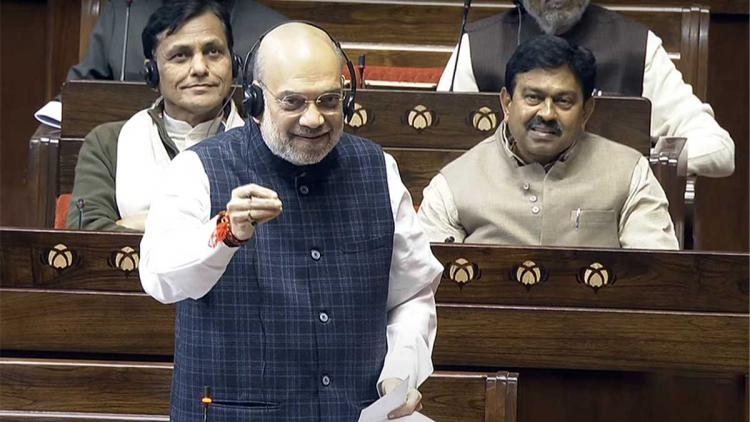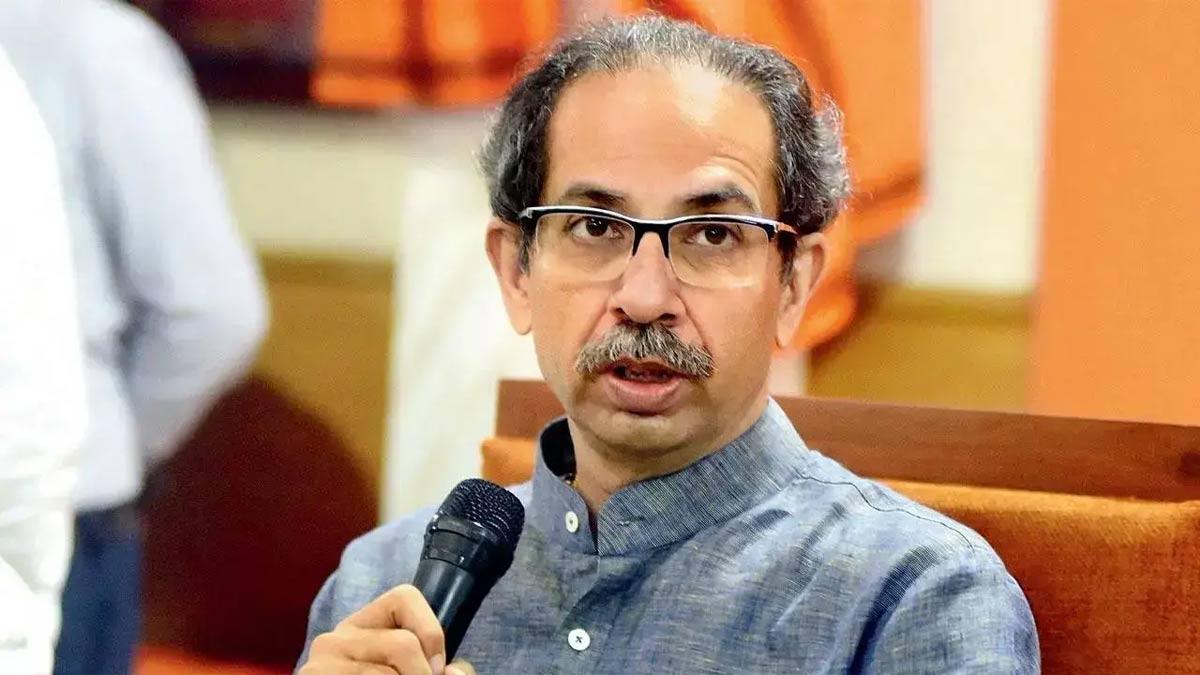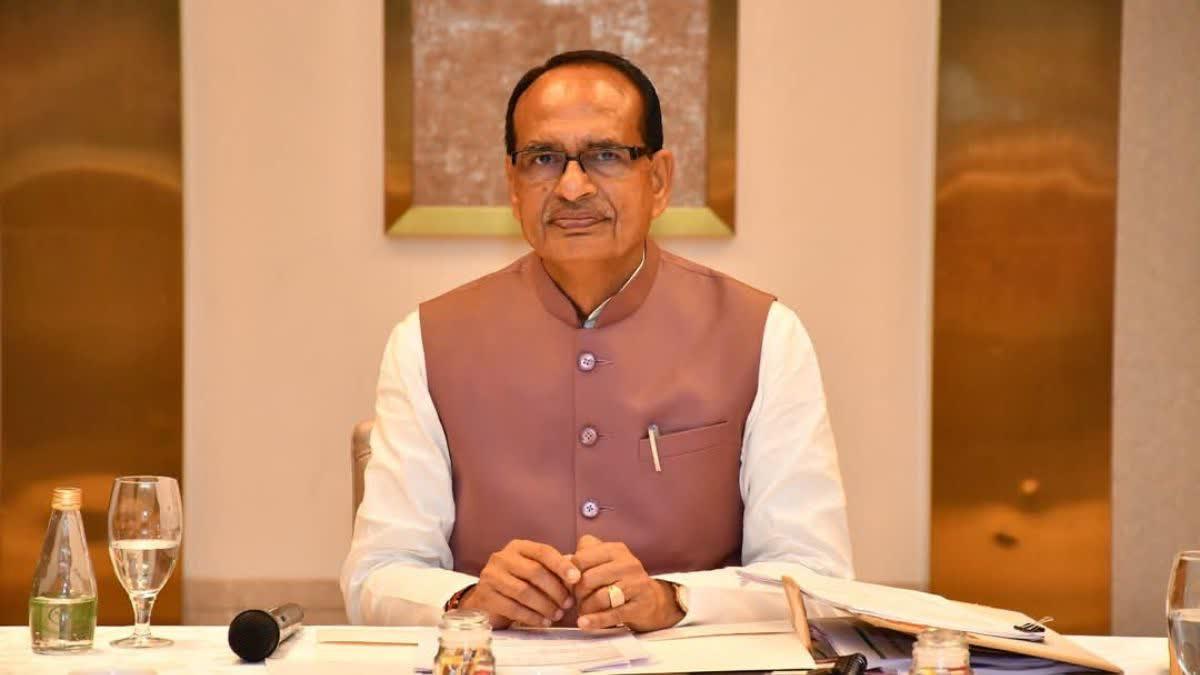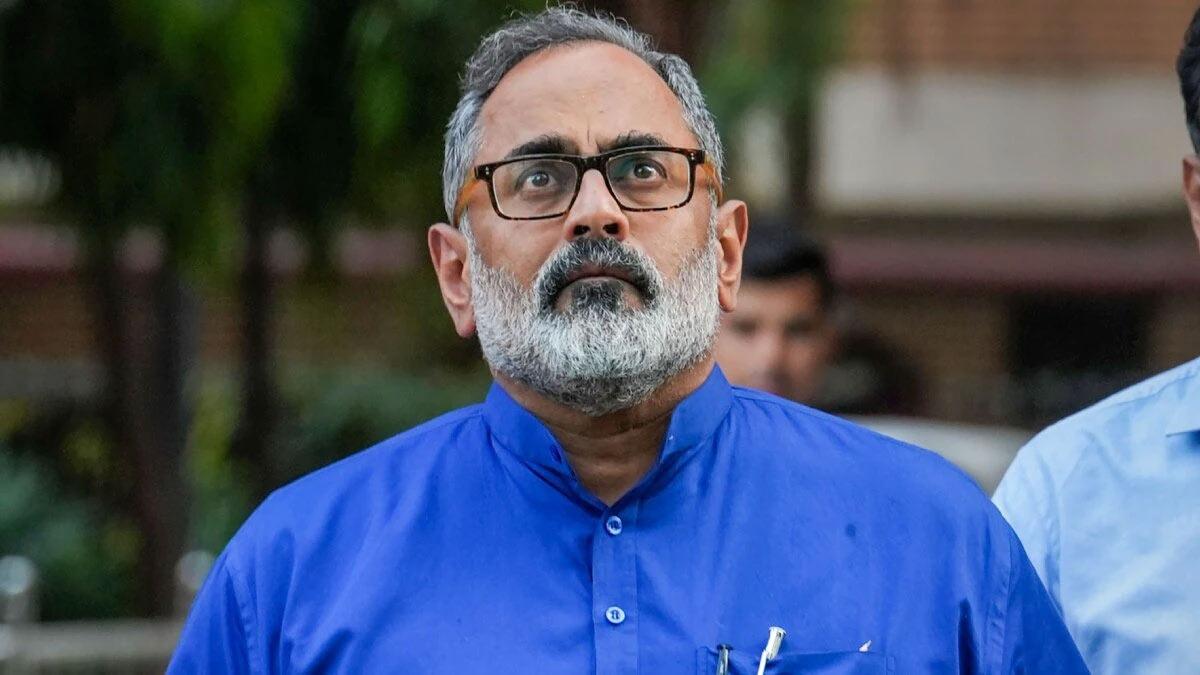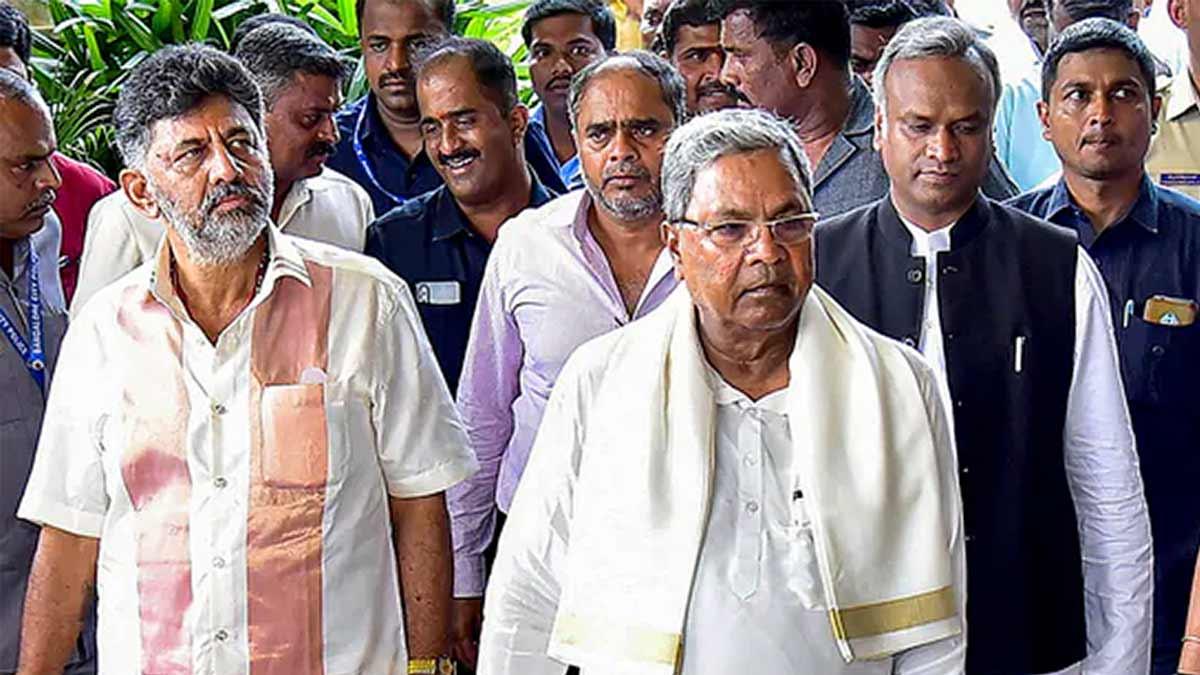On Tuesday, the Lok Sabha passed three amended criminal bills—Bharatiya Nyaya (Second) Sanhita, 2023; Bharatiya Nagarik Suraksha (Second) Sanhita, 2023; and Bharatiya Sakshya (Second) (BSB) 2023. The Telecommunications Bill, 2023, was also passed with a voice vote. Home Minister Amit Shah presented the bills in the absence of 97 suspended Opposition MPs.
Shah emphasized that the new criminal laws aim to free people from a colonial mindset, replacing outdated laws from British times. The bills were developed after extensive consultations, and Shah scrutinized every detail before presenting them in the Lok Sabha.
The three bills—Bharatiya Nyaya Sanhita, Bharatiya Nagarik Suraksha Sanhita, and Bharatiya Sakshya Bill—aim to establish a justice system rooted in Indian principles, challenging the colonial mindset of punishing crimes without delivering justice.
Key changes introduced in the bills include the provision for Trial in Absentia to address cases where individuals are hiding in other countries, hindering trials. The accused will not need to appear in person; if they don't show up within 90 days, trial proceedings will continue, and a public prosecutor will be appointed for their prosecution.
The bills also set a time limit for bringing a case to trial, with the accused having seven days to file a plea for acquittal. The judge must hold a hearing within this period, and the case must come to trial within 120 days. Additionally, the bills introduce provisions for plea bargaining, document presentation during trials, and aim to address financial challenges faced by the poor in seeking justice.
The Bharatiya Nyaya Sanhita replaces the Indian Penal Code 1860, Bharatiya Nagarik Suraksha Sanhita replaces the CrPC of 1973, and Bharatiya Sakshya Bill replaces the Indian Evidence Act of 1872. The bills also define "organized crime" for the first time, encompassing cyber crimes, economic crimes, land grabbing, arms trade, dacoity, and human trafficking.
Shah highlighted that the new laws are gender-neutral, victim-centric, and justice-centric rather than punishment-centric. They include a provision for the death penalty for those involved in mob lynching, and Shah questioned the Congress party's failure to address this issue during their rule.
The bills reflect the spirit of the Constitution and are designed to deliver justice rather than punishment, according to Shah. He took a veiled dig at the Congress and Sonia Gandhi, stating that those with an "Italian mindset" would never understand the bills. The bills aim to bring criminal laws closer to the Indian context and are considered a significant legislative development by the government.
(With Agency Inputs)
Read also| INDIA Bloc Persists in Demanding Shah's Statement on Parliament Security Breach

